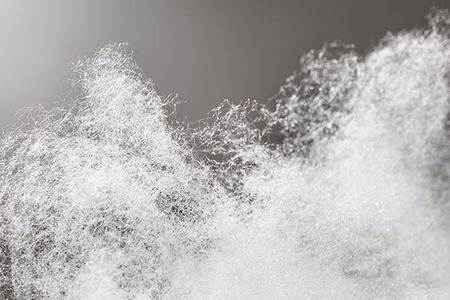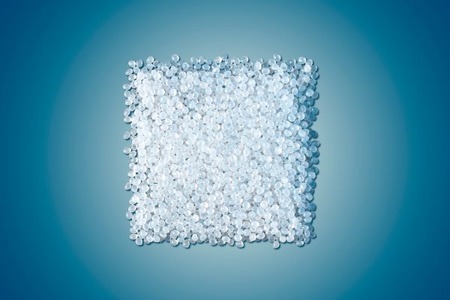
Indonesian textile industry aims to enter top five ranking in global export
YarnsandFibers News Bureau 2016-08-30 17:00:00 – JakartaIndonesia in terms of textile and garment production as well as export which currently ranks tenth (controlling a global market share of 1.8 percent) far behind China is preparing several incentives including tax incentives and lower gas prices for export-oriented textile companies that should bring Indonesia in the top five rank of the world’s largest textile and textile products export in the next couple of years.
Airlangga Hartarto, Indonesian Industry Minister, said that Indonesia needs to become the dominant player at home first (currently the domestic market is dominated by cheap textile imports from China, a trend that worsened after the implementation of the ASEAN China Free Trade Agreement [ACFTA] in January 2010), followed by expansion on an international scale by raising Indonesia's textile exports. The world's major textile consumers are the European Union, United States, China and Japan.
In 2015 the value of Indonesia's textile exports reached USD $12.3 billion, contributing 1.21 percent to the nation's gross domestic product (GDP). This labor-intensive industry provides employment to some three million Indonesians.
Hartarto added that the Industry Ministry is making efforts to develop vocational schools to create adequate human resources (equipped with international standards). Considering that the ministry aims to see a 5 - 6 percent (y/y) growth pace in the texti ile industry in the years ahead, it will require an additional 600,000 workers, each year.
Key to grow into the ranks of global textile leaders is efficiency, Hartarto said. Raw materials used in the textile manufacturing process are currently imported from abroad, implying higher production costs, especially in times of rupiah depreciation. By scrapping the value-added tax (VAT) on raw materials, Hartarto wants local textile manufacturers to start sourcing raw materials at home instead of looking beyond borders.
Meanwhile, lower gas prices will also ease production costs in the textile industry. In one of the economic policy packages that have been released by the Indonesian government, lower gas prices were promised to several labor-intensive industries. However, these industries are still waiting for the government to take action. Recently an official at the Industry Ministry said these industries will be able to enjoy lower gas prices starting from the second half of August 2016. Indonesian Textile Association (API) Chairman Ade Sudrajat said that it is important for the government to lower gas prices immediately in order to make the nation's textile industry more competitive.
Also Indonesia needs to pay more attention to the inflow of illegal textiles.
Another important decision to boost Indonesia's textile exports is the signing of a free trade agreement with the European Union (Indonesia-EU comprehensive economic partnership agreement, or CEPA). However, the signing of free trade deals between Indonesia and other regions in the world still require time, particularly as there exists opposition both in parliament and society against participating in such.
Currently, it is difficult for Indonesia to compete with Vietnam on markets in Europe and in the USA because Indonesia is not engaged in free trade partnerships with these regions. Therefore, Indonesian textile exports to Europe are subject to import duties in the range of 11- 30 percent, while Vietnam can export its textile products to the European Union without import duties. This makes Vietnam's products much more competitive.
Market Intelligence
Ask for free sample Report

experience
Customer Base
dedicated team
Countries Served Worldwide









